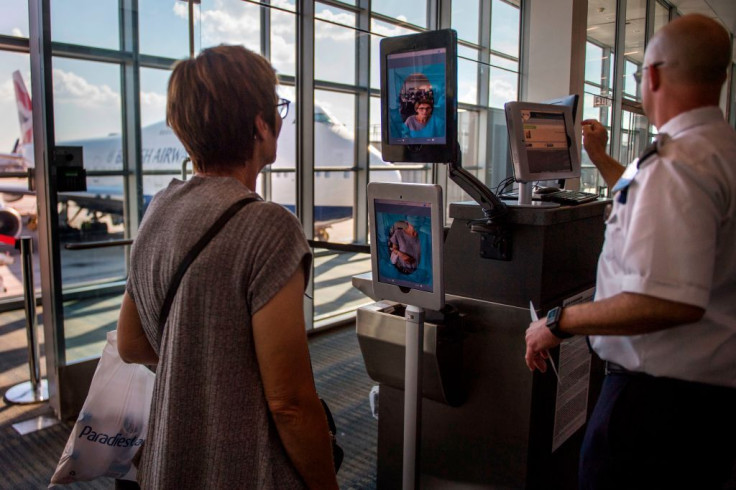Here's Why San Francisco Banned Facial Recognition Surveillance

San Francisco has become the first city in U.S. to ban police and government agencies’ use of facial recognition technology. The legislation is argued to be a positive step toward slowing the rise of technologies that violate the basic rights of communities, especially those of color and immigrants.
The legislation is meant to address concerns regarding the accuracy of the technology and put an end to the surveillance culture, which offers enormous potential for misuse.
A ban on police using facial recognition software is up for a board vote in San Francisco. The technology hub may become the first US city to outlaw software that opponents call a threat to civil rights. https://t.co/scb4P9BQgG
— AP Climate (@AP_Climate) May 14, 2019
Governments have been using facial recognition to identify people and criminals over the years. But in a recent study by MIT Media Lab, researchers found that the technology has made mistakes while identifying people’s gender and race. The mistakes have often happened with women and people with darker skin.
The city's Board of Supervisors voted 8-1 Tuesday for the ban, becoming the first city to regulate the technology that has the potential to expand surveillance.The ‘Stop Secret Surveillance’ ordinance will restrict local agencies, such as public transport authorities and law enforcement, from using the technology.
The ban will strengthen existing oversight measures and will also requires the city departments to disclose all the surveillance technologies currently in use. Any plans to buy new surveillance technologies in future must be approved by the Board of Supervisors. The ban will not affect personal, business and federal government’s use of the technology.
The ordinance will become law only after the Board of Supervisors ratifies the vote next week. Opponents of the measure have said this will put people’s safety at danger and will hinder the authorities' efforts to fight crime.
“This is really about saying we can have security without being a security state," Aaron Peskin, who wrote the legislation, said at Tuesday’s Board of Supervisors meeting, reported the San Francisco Chronicle. "We can have good policing without being a police state. Part of that is building trust with the community.”
Joel Engardio, vice-president of Stop Crime SF, said, “Instead of an outright ban, we believe a moratorium would have been more appropriate. We agree there are problems with facial recognition ID technology and it should not be used today. But the technology will improve and it could be a useful tool for public safety when used responsibly. We should keep the door open for that possibility," BBC reported.
The ordinance, however, allows federal government-controlled agencies like San Francisco International Airport or the Port of San Francisco to use the technology.
Surveillance technologies like facial-recognition has enormous scope for misuse by governments. China, for example, has some 170 million CCTV cameras across the country, and pairs it with face recognition and artificial intelligence to keep a monitor its citizens.
© Copyright IBTimes 2024. All rights reserved.





















